Grégoire Guillemin, OAKland Group
How blockchain is becoming a revolutionary solution for higher education, and for diploma certification in particular. By adopting blockchain, institutions are improving the quality and reliability of their certification system and at the same time ensuring the security, authenticity and verifiability of their diplomas. Let’s take a look.
The importance of new technologies in higher education is more evident today than ever before. Advances in technology have transformed the way students learn and interact with their academic environment. Blockchain is one of the most promising technologies for the future of higher education, particularly in relation to diploma certification.
What do we mean by blockchain?
Blockchain is a secure and transparent data storage and transmission technology which creates immutable and unfalsifiable records. This technology has already been widely adopted in the finance and logistics sectors, and we are starting to see its use in higher education in connection with diplomas.
Diplomas in blockchain mode
Diploma certification is a particularly critical issue for higher education institutions.
Diplomas provide evidence of students’ skills and knowledge, and their certification is essential to enable employers to assess the skills of graduates.
As it is performed at present, however, certification poses problems in terms of security, authenticity and verifiability. Paper diplomas can easily be falsified or lost, making it difficult for employers to know whether or not a diploma is genuine.
Furthermore, traditional authentication processes are often expensive and slow. This can pose problems for students who need their diplomas quickly in order to apply for jobs or to continue their studies.
Blockchain can solve these problems by offering a fast, reliable and unfalsifiable solution. Thanks to this technology, diplomas can be stored securely and with no possibility of falsification, thus ensuring their authenticity and verifiability. This makes it easy for employers to check the validity of diplomas (background check), which speeds up the hiring process and reduces costs for higher education institutions.
Both schools and students can benefit
Blockchain can also offer new benefits for students. It makes it possible, for example, to share and store proofs of skills acquired outside university, such as professional certifications or independent projects. This can help students to stand out in a competitive job market and to prove their value to employers.
Concluding remarks
Adopting blockchain enables higher education institutions not only to guarantee the security, authenticity and verifiability of their diplomas, but also to ensure the quality, reliability and security of their data. Blockchain is also a secure and immutable data storage and transmission solution which can help higher education institutions to prevent data loss, falsification and academic fraud.
In addition, blockchain can help to improve data quality in higher education by providing a transparent and traceable data storage and sharing solution. Blockchain’s immutable and unfalsifiable records can help to ensure the accuracy and integrity of information being stored, helping higher education institutions to make informed decisions and to improve the quality of their teaching and their research.




